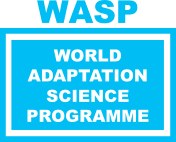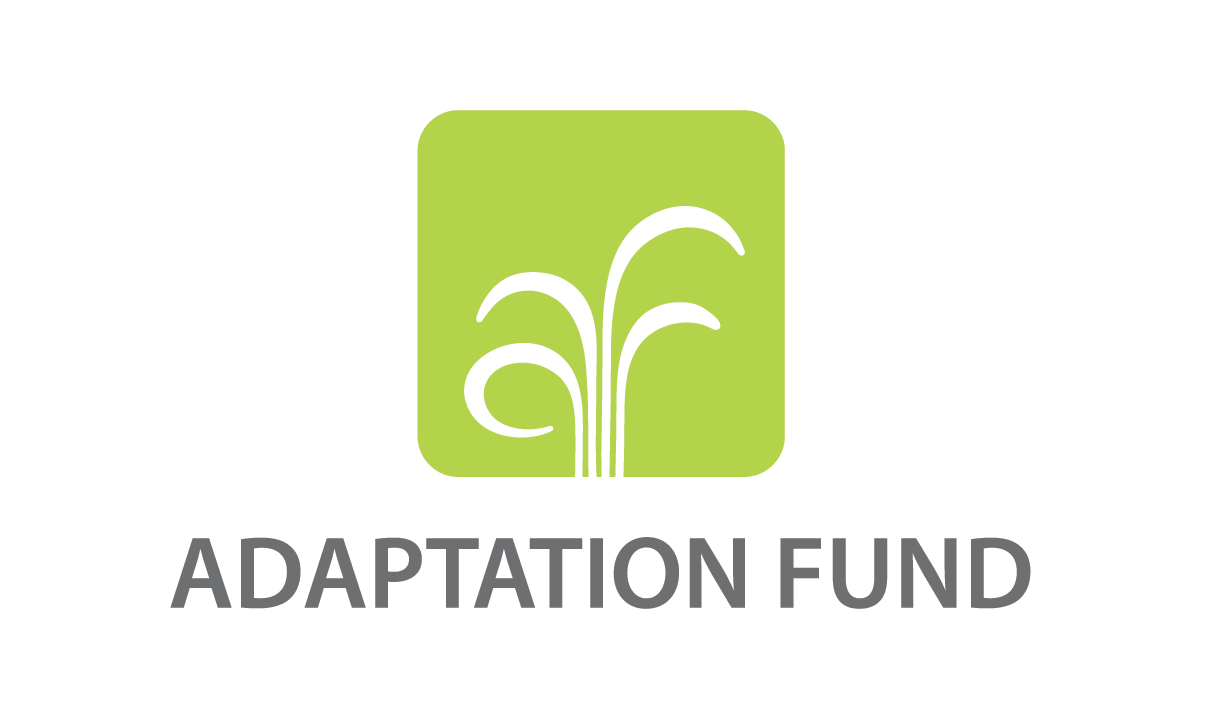About

The Organizers
Based in Québec, Canada, Ouranos is an innovation cluster and consultation forum created in 2001. As a boundary organization, it aims to ensure the links and cohesion between the scientific community and the actors of adaptation – researchers, experts, practitioners and policymakers – working on potential solutions, enabling Québec society to better adapt to climate change. The consortium aims to acquire and develop knowledge on climate change and its impacts as well as on socio-economic and environmental vulnerabilities, so as to inform and advise decision-makers to identify, assess, promote and implement local and regional adaptation strategies.
Canada is proud to host the next edition of Adaptation Futures, the world’s largest conference dedicated to adaptation. Supporting adaptation to climate change is a priority for Canada, both at home and around the world. Join us in the global effort to build greater resilience to climate change. We look forward to seeing you in Montréal in October 2023!
The United Nations’ World Adaptation Science Programme (WASP) is one of the four pillars of the World Climate Programme. WASP is led by seven UN agencies, i.e., the United Nations Environment Programme (UNEP), the World Meteorological Organization (WMO), the United Nations Framework Convention on Climate Change (UNFCCC), the Intergovernmental Panel on Climate Change (IPCC), the Green Climate Fund (GCF), the Global Environment Facility (GEF) and the United Nations University (UNU).
WASP’s core vision is ensuring that climate adaptation knowledge gaps are filled to inform evidence-based policies, solutions and actions for successful adaptation to new climate conditions. Its priority is addressing the knowledge needs in vulnerable developing countries and providing policy-relevant science for decision-makers. WASP’s overall mission is to make science work for climate change adaptation. WASP ensures that researchers, policymakers and practitioners have the knowledge, capacity, and solutions to underpin and implement effective adaptation to climate change. WASP works as a think tank and knowledge hub involving over 30 core specialists/members from around the globe. These include leading national, regional and international research institutions, implementation agencies, funding organizations, financial sectors and governance bodies. WASP has an international panel with a multi-stakeholder governance structure consisting of a supervisory Management Group, which oversees a Science Committee and a Policy and Finance Committee.
The biennial Adaptation Futures conferences have been co-organized and co-hosted by the World Adaptation Science Programme (WASP) and its predecessor PROVIA since 2010.






